Toothaches, Broken Teeth, Lost Fillings; This Top Dentist Will Help!
When dental emergencies occur, this top rated dentist is here to help resolve toothaches, swelling, broken teeth, teeth that require extraction and just as importantly – teeth that are visibly damaged and causing embarrassment.
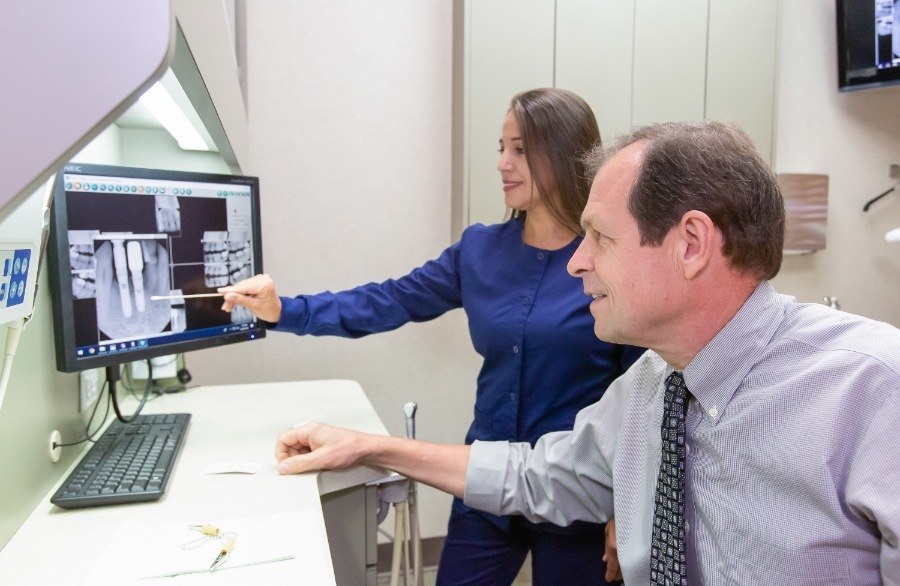
Top rated and comfort-focused, this emergency dentist is quick to help. With a gentle team, they have experience providing a wide range of care – oral surgery, root canal treatment, cosmetic dental restoration, implant tooth replacement and dentures. Additionally, this is one of the few Houston dentists that are specially trained and licensed to provide IV sedation for anxious patients and for people simply wanting a completely comfortable experience.
Dr. Kotlarek and his dental team deliver same-day appointments to help patients quickly return to their daily activities feeling comfortable and confident when chewing and smiling! If you’re experiencing any type of dental problem that needs to be treated ASAP call or click here to book online 24/7. You deserve to have nice healthy teeth – this emergency dentist loves to help.
Why Choose Roman Dental for Emergency Dentistry?

Same-Day Emergency Dental Appointments

We Accept Dental Insurance

Sedation Dentistry Available

What to Do in a Dental Emergency
- Call our office to make an appointment. The sooner you get to our office, the better chance we have of getting your oral health back on track. We’ll pencil you in for a same-day appointment if possible. Over the phone, an experienced team member will provide you with first-aid instructions to manage your situation in the meantime.
- See Dr. Kotlarek for an emergency exam. When you get to our office, we’ll perform a thorough oral examination to identify the cause of your problem. During your appointment treatment options, fees, insurance benefits, and out-of-pocket cost is openly discussed. Additionally, financing options are offered to help make treatment affordable.
- Get the care you need. Our team will perform same-day treatment, when possible, to relieve pain and restore the appearance of your smile. If needed, a plan can be made for any additional needs. Without needing to run around Houston being referred for oral surgery, root canal therapy or gum treatment Roman Dental provides most care under our small roof.
The Most Common Dental Emergencies
If you have a dental emergency on your hands, the first step you should always take is to contact our office right away. We’ll gather information about your situation, including where your pain is radiating from and whether there was a trauma that resulted in damage. Then, we’ll schedule a same-day appointment because early treatment of a toothache is more comfortable, saves teeth, and is less expensive. To prevent a dental problem from getting worse, call or book a dental appointment online today. Below, you’ll find the most common dental emergencies we treat here at Roman Dental.

Toothaches
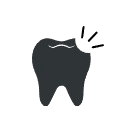
Chipped Tooth

Cracked Tooth

Sensitivity to Hot & Cold

Knocked-Out Tooth

Lost Filling or Crown

Broken Denture

Loose Tooth

Gums, Lips or Tongue Injury
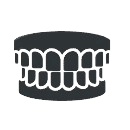
Jaw Pain or Clenching

Something Stuck Between Teeth
Cost of Treating Dental Emergencies
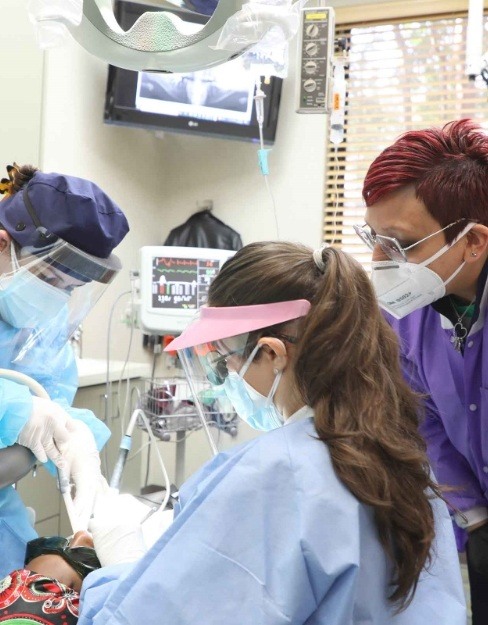
The cost of your dental emergency appointment will depend on a variety of unique factors that affect peoples teeth. For example: what type of treatment is required, how many visits will be necessary, will sedation for dental surgery be needed? Based on all of this information, we’ll draw up an estimate and freely discuss treatment options, cost, insurance and financing.
Every Dental Emergency Is Different

Since every patient is unique, no two dental emergencies are the same. When you come see us, we’ll perform a detailed oral examination to evaluate the severity of the damage. Our team will create a personalized treatment plan to get your smile back on the right track. The solutions we recommend will depend entirely on the type of emergency you’re experiencing. Don’t worry – we’ll help you navigate the financial aspect of this entire process, so you know what to expect every step of the way!
Does Dental Insurance Cover Dental Emergencies?
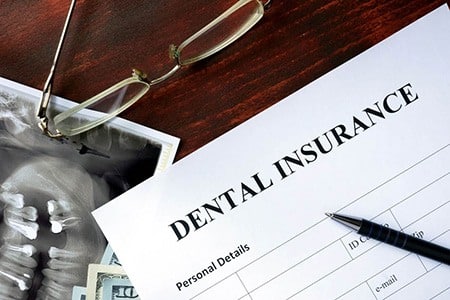
Most dental insurance plans will offer a certain level of coverage for emergency dental care. This usually includes at least one emergency exam per year. Any procedures related to dental emergencies (i.e., dental crowns and root canal therapy) are often covered at about 50-80%. However, every policy is different, which is why you should confirm the details with your provider before moving forward with anything.
Other Options for Making Dental Emergencies Affordable

We get it – you may be worried about the cost if you don’t have dental insurance. Fortunately, we offer additional solutions to make your care more affordable. You can sign up for flexible financing through CareCredit, which allows you to split the total cost into smaller monthly installments. Also, you can take advantage of our $85 new patient special that includes an exam and X-ray!
Taking Care of Your Smile Can Save You Money

Not every dental emergency is preventable. However, there are many steps you can take to greatly lower your chances of one happening! Aside from practicing good oral hygiene (i.e., brushing twice a day, flossing daily, rinsing every day with an ADA-approved mouthwash), you should visit your dentist every six months for a checkup and cleaning. This will keep your pearly whites in tip-top shape and save you thousands of dollars on emergency dental care.
How to Prevent Dental Emergencies
While there’s no way to completely avoid a dental emergency, there are some ways you can minimize your risk of experiencing one. Here are some precautionary measures to keep you out of your emergency dentist’s treatment chair:
- Visit the dentist every six months for a checkup and cleaning.
- Maintain a well-balanced diet.
- Protect your teeth while playing sports.
- If you grind your teeth at night, invest in a nightguard.
- Stay hydrated with water.
- Maintain a good at-home oral hygiene routine.
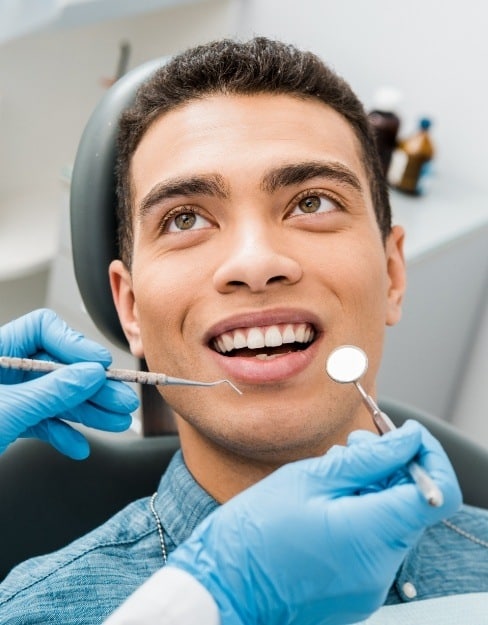

Root Canal Therapy
The words root canal therapy create anxiety. Coworkers, relatives and “friends” like to out-do each other and tell scary stories. In truth root canal treatment is safe, effective and comfortable.
Roman Dental is comfort-focused. This dentist uses lots of anesthetic and is patient – allowing time for the tooth to get numb providing for a very comfortable visit. After patients receive root canal therapy, they remark about how much better they feel. One patient commented: “this root canal was the best. It was like throwing water on the fire that was my toothache.”
Root canal is also known as endodontic therapy. Treatment simply involves removing inflamed tissue from the hollow center of a tooth.
Just as a candle has a wick in it’s core, a tooth root has a “wick area” that contains nervous tissue. If that tissue is inflamed it often results in sensitivity, pain or swelling. Endodontic treatment removes that nervous tissue, disinfects the tooth and eliminated the source of discomfort.
Tooth Extractions
We all understand that there’s no great substitute that can compare to healthy natural teeth, which is why we always discuss prevention and treatment.
Teeth should last a lifetime. However, in many situations teeth need to be removed. Bad teeth cause discomfort and spread bacterial decay to healthy neighboring teeth. Many people take great care of their teeth. But, because of diet, drugs, illness, injury or genetic bias their teeth are weak and may require extraction. Whatever the case – we are here to help. Roman Dental delivers comfortable surgical care. They provide single tooth extractions, full mouth denture treatments and implant supported tooth replacement options. Additionally, this office removes impacted wisdom teeth to prevent infections and tooth crowding.
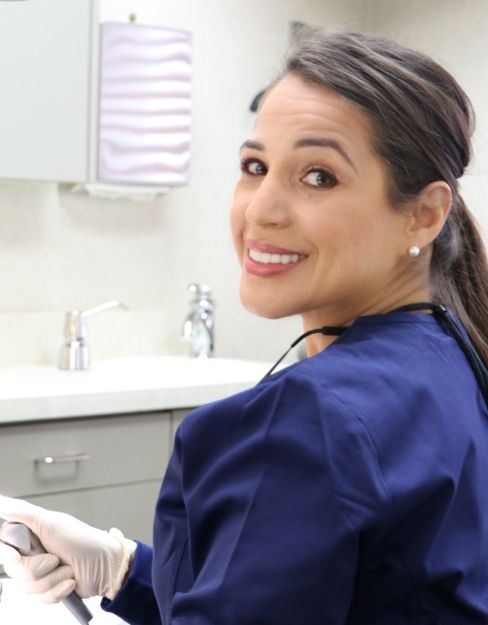
If a tooth is removed, Roman Dental can replace it with a dental implant, a dental bridge or a removable appliance. In every case, our team will offer treatment choices, discuss the cost and benefits of each option and then let you decide. This office provide good communication in an open stress-free environment. Importantly, this dentist loves to help and has the goal of providing life-long dental health.

Dental Emergency Frequently Asked Questions
Toothaches don’t usually go away on their own, so it is best to schedule an appointment with Dr. Kotlarek to ensure that nothing serious is going on. There are all sorts of possible causes for a toothache, and you’ll want to rule them out with a professional as soon as possible. Doing this can help you to catch underlying problems before they become more serious.
When you’re dealing with a toothache at night, it can be difficult to get quality sleep. Until you’re able to seek help from a dental professional in the morning, keep your head elevated. This will prevent blood from rushing to your head and intensifying your toothache. Additionally, take over-the-counter pain relievers as directed. Avoid foods that are particularly acidic, cold, or hard before bed. A cold compress may also be able to help numb some of the discomfort.
Unfortunately, most emergency rooms are unable to address dental emergencies effectively. However, there are a few main exceptions. If you have experienced a jaw fracture or dislocation, serious cut or laceration to the face or mouth, or an abscess or infection that’s swollen to the point of affecting breathing or swallowing, you should head straight to the ER. In virtually all other circumstances, it is best to see your dentist.
Throbbing pain is likely a sign of infection or inflammation within the tooth. Cavities or cracks inside the tooth allow air and bacteria to reach the sensitive inner area where the pulp lies. This results in irritation and potentially infection of pulp nerves, therefore causing pain. This can also occur is tooth decay is present. In other cases, throbbing teeth could be due to chronic teeth grinding and clenching. To find out for sure what’s behind your toothache, you will need to have the issue examined by a dentist.








